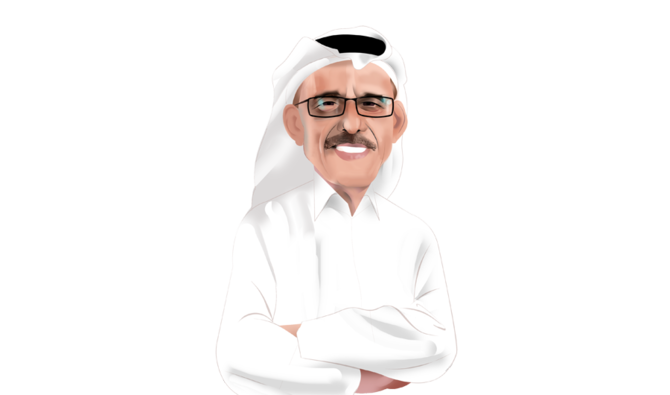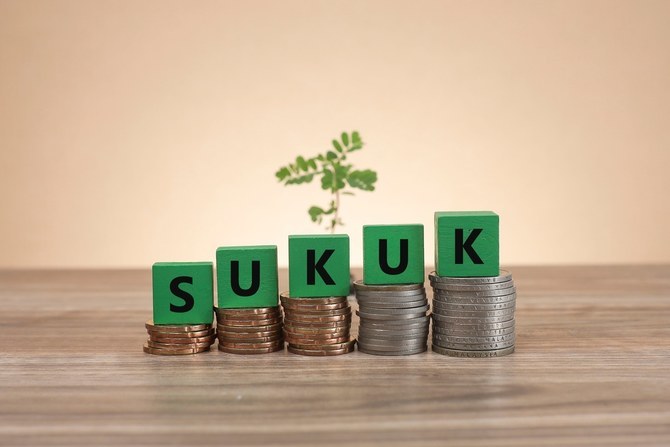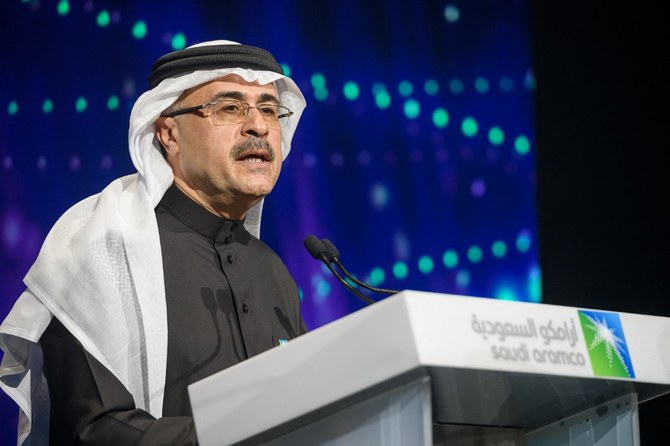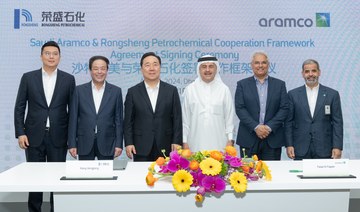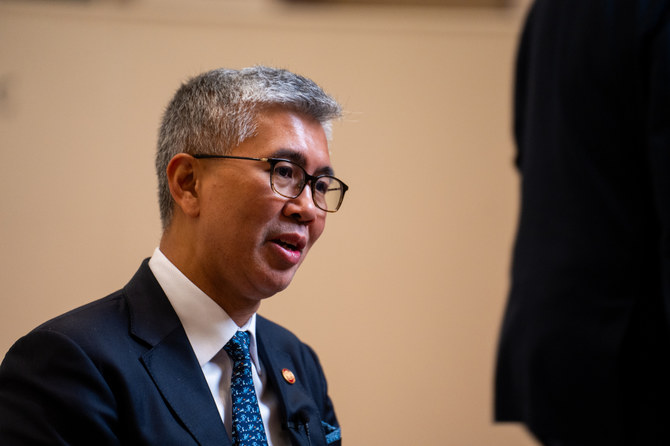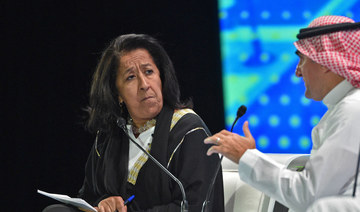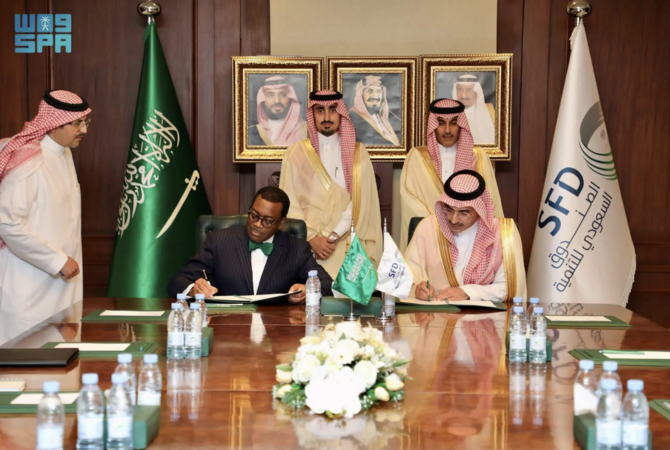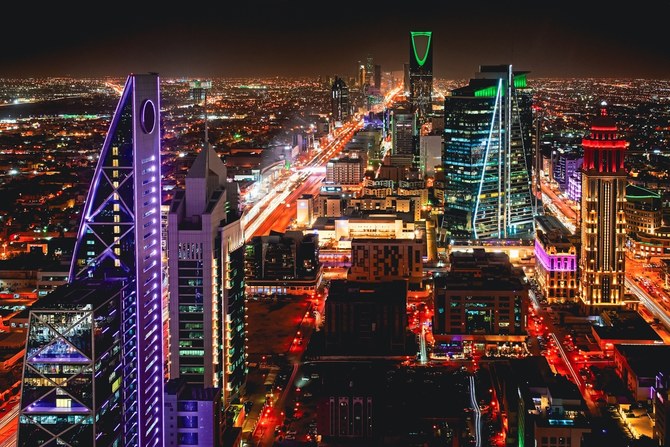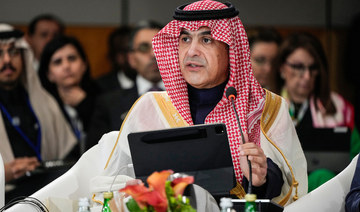A word often used to describe Khalaf Al-Habtoor — founder and chairman of Al-Habtoor Group, and one of the Middle East’s most venerable business leaders — is “forthright.”
His tweets, TV broadcasts and public statements all display a quality of candid outspokenness rare in senior business leadership in the Arab world.
In the course of an early morning conversation at his headquarters in Dubai last week, he was forthright on a host of subjects, ranging from ambitious expansion plans in Saudi Arabia to the challenges faced by the UAE economy and the global geopolitical scene.
Al-Habtoor is not a man given to diffidence, though he said he would not be sharing his views with the “global elite” preparing to travel to the World Economic Forum annual meeting in Davos next week. “We leave that for the really big people. It’s really entertainment rather than anything else,” he joked.
Entertainment and leisure have been the mainstays of the Al-Habtoor business empire, which is as old as the UAE itself and one of the country’s best-known brands, with interests in construction, real estate, motor distribution and education.
The group has hotel operations in Europe and the US, but the chairman is now looking at Saudi Arabia as a major avenue for expansion, with a multimillion-dollar investment project planned for the Kingdom. The opportunities are mind-boggling, he told Arab News.
“I call Saudi Arabia a continent rather than a country. It has history before Moses and Abraham,” he said.
“We’re seeing now on TV something we’ve never seen before — we see green fields, we see skiing, we see sun and desert. You can’t believe this is the Arabian Peninsula,” he added.
“That makes it very attractive to every tourist or investor because they have variety, because you’re not restricted to one area or sector where you want to build something. You have a choice as to what you can do.”
Al-Habtoor has chosen — in partnership with the Saudi tourism authorities — to back a huge leisure and recreation project outside Riyadh.
It will draw on the successful Habtoor City development in his native Dubai but on a much bigger scale: Up to 7 million square meters of hotels, restaurants, theaters, retail and residential facilities, and — imagine it — lakes and beaches. “You’ll ask me now where does the beach come from in Riyadh. We’ll create it,” he said.
The project is still at the planning stage and subject to final approval from all parties.
It will borrow some of the elements from the successful Habtoor City development in Dubai, notably a Saudi version of the spectacular theatrical production La Perle. But it will not be a straightforward copy of the Dubai attraction, nor indeed of the Dubai development strategy.
“In Dubai, we don’t have oil. If we were dependent on oil, we wouldn’t be like this now. Saudi Arabia has a bigger population — 30 million people, 90 percent of them Saudi, who want to enjoy their lives and their history,” he said.
Born:
• Dubai, UAE.
Education:
• Al-Shaab School, Bur Dubai.
Career:
• Founder and chairman, Al-Habtoor Group.
“We in the rest of the Gulf haven’t seen this history, and I personally would like to go and see this history and see Riyadh, the Eastern Province and the Red Sea.”
Al-Habtoor believes that the Kingdom can use the lessons of Dubai’s development, especially in creating a more liberal social and cultural environment in what is generally regarded as a more conservative country.
“The word ‘conservative’ needs some explanation. The people of Saudi and the UAE are from the same background, the same family. We’re related. When they visit us, they see that,” he said.
“The original people of the UAE are conservative by background, too, but they also enjoy going to restaurants, to the movies, to the theater. They want to go everywhere. They want to be free,” he added, while allowing that there are limitations to freedom.
“Freedom doesn’t mean you should abuse your country, your people or the authorities. You have to protect your culture by educating other people.”
On the question of whether alcohol could ever be served in Saudi Arabia as it is in Habtoor’s UAE establishments, he replied: “To be honest, I can’t comment on that because I don’t know what their plan is for that.
“But everything is changing, everything is possible,” he added.
The Vision 2030 “masterplan” is changing perceptions of the Kingdom, he said. “It really is an excellent strategy. Everything is clear and transparent. There is a huge future for Saudi Arabia as far as investment and visitors and tourists are concerned.”
Al-Habtoor Group has interests in many sectors of the UAE economy, and from this position the chairman is well qualified to give an authoritative opinion on the challenges facing the country as it prepares for the Expo 2020 business exhibition.
The most pressing worry for economic analysts has been the oversupply of residential and hotel developments, and rising prices that some believe are forcing expatriate workers out of the UAE.
“Well, 2018 wasn’t a very good year, and 2019 was also very slow in the beginning, but by the end of the fourth quarter you could see the signs of improvement in the market. You could see it in retail, things were moving. In the land department, people were buying and selling land and real estate,” he said.
In his car-leasing business, in real estate, luxury cars and his education business, he saw signs that the UAE economy was picking up again. “Definitely. I can see improvement,” he said.
But the volume cars business was lagging, reflecting different spending patterns by expats who often now choose to rent a car long term rather than buy. The rising cost of living was also a big factor, he said.
“Everything is becoming more expensive. The only cheap thing in the country is hotel rooms — they’re among the cheapest in the world,” he added.
“There are too many hotel rooms and residential developments, and it’s not recommended that we should build more.”
The UAE government has taken some measures to limit supply of real estate and hotel projects, which Al-Habtoor thinks is a good thing.
But the introduction of VAT was, in his view, a damaging economic mistake that should be rectified immediately.
“I think it should be cancelled, and also all the money taken should be refunded. The idea of VAT is wrong in my country for the time being. Maybe in the future,” he said.
He would prefer to see the cancellation of sales tax and the scrapping of government fees for services such as visas and business licenses, replaced by a standard rate of income tax.
“I’d recommended they stop all the fees and VAT and let them take from income, like Britain, for example,” he said.
In international affairs, his opinion of US President Donald Trump has wavered between condemnation of his policy to ban travel from some Muslim countries, to warm approval of his current policy toward the Middle East.
Now Al-Habtoor seems overwhelmingly positive on Trump and would like to see him re-elected.
“I said that we need a businessman rather than a politician to lead the world. But whatever he said in the past I think it was just to get elected, and a lot of his supporters didn’t know about us, the Arabs,” Al-Habtoor said.
“They don’t know whether we were terrorists or good people. There are a lot of naive people in the US.”
In particular, he is a firm supporter of Trump’s recent policy toward Iran, though he feels that US sanctions could be better focused.
“If Trump wants to make (Iran’s Supreme Leader Ali) Khamenei and his gangs starve to death, he can do that. So I can’t understand why he isn’t doing that,” Al-Habtoor said.
“There are sanctions, but he’s not killing the rich people. They still eat caviar and the best steaks while the poor people are starving.”
On the US killing of Qassem Soleimani, Al-Habtoor is in complete agreement that it was the right thing to do, but hinted that he believed there was Iranian collusion in the attack.
“It should’ve happened a long time ago. He was the biggest criminal on earth. I think maybe the Iranians wanted him gone, too, otherwise how could the Americans have tracked him? But what happened is good, it doesn’t matter who did it,” Al-Habtoor said.
He is adamant that there should be no further escalation in regional tensions, but believes the next big threat will come from Hezbollah, Iran’s ally in Lebanon.
“I think Hezbollah is more powerful than Iran, and I think (Hezbollah leader) Hassan Nasrallah is the biggest threat to peace in the region,” Al-Habtoor said with forthright finality.



